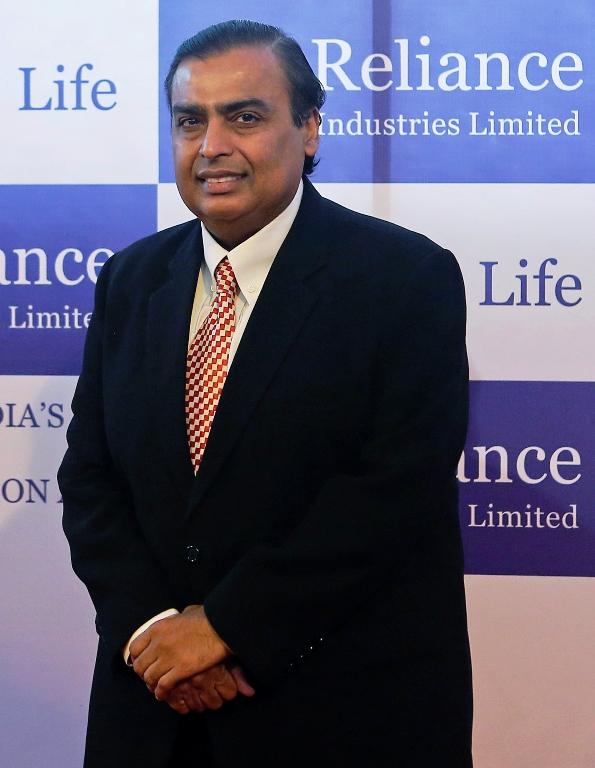
India's government is increasingly for, of and by its biggest businessmen.
The takeover of India’s politics by its oligarchs is almost complete.
In an election season that is marked by anger and despondency about corruption and crony capitalism, it is striking how neither of the two largest political parties – and none of the others, barring the Left and the Aam Aadmi Party (AAP) – think it in their interest to take on big business.
What, precisely, is the disease? The symptoms are obvious, the outbreaks frequent.
Consider, for example, the decision by the Congress-led United Progressive Alliance (UPA) government to raise the price at which gas from fields in the Bay of Bengal will be sold, from $4.2 per million metric British thermal units to well over $8 per mmBtu.
This will, of course, massively benefit Reliance Industries Ltd (RIL). Remember, when Reliance bid for the gas a decade ago, it agreed to supply it at $2.34 per mmBtu.
Since then RIL hasn’t just demanded higher prices, but also claimed without evidence that there just isn’t enough gas in the fields to supply the gas-fired plants that are lying empty across South India.
…

Pushed into a corner, the government has come up with a “formula” for gas prices devoid of economic or common sense - it uses import prices for gas in places like Japan to set the well-head price in the Bay of Bengal.
That’s like saying the price of tea by the kilogramme in the middle of an Assam tea garden should be the same as if the tea were on a shop shelf in the Royal Borough of Kensington and Chelsea.
Reliance is ruthlessly exploiting India’s dependence on a resource that it itself once argued is the state’s property and not its own; and the UPA has run away from the fight.
Nor is it just the Union Cabinet that truckles under to our oligarchs. Even supposedly independent regulators do.
Last week, the Tata and Adani groups were allowed to weasel out of solemn promises to supply electricity from “ultra mega” power plants in Gujarat at a fixed tariff to state-owned utilities.
…

The electricity regulator told buyers of power to pay an extra Rs 830 crore (Rs 8.3 billion) to Adani and Rs 330 crore (Rs 3.3 billion) to Tata Power. In addition, all future electricity would be sold at a higher price than what Tata and Adani promised when they won a competitive bid to operate these plants.
Why this forbearance? Because the two big companies failed to foresee, when they bid, that the price of imported coal could fluctuate. It’s now higher, following tax changes in Indonesia.
Instead of taking the hit for this outright incompetence – evaluating external political risk is a basic task for any multinational – the companies have instead whined their way to getting the government, end-users, taxpayers and consumers to pay for their owners’ errors and greed.
These examples pile up endlessly. India’s overextended corporate promoters need never regret a decision; they are all thought of as too big to fail.
…
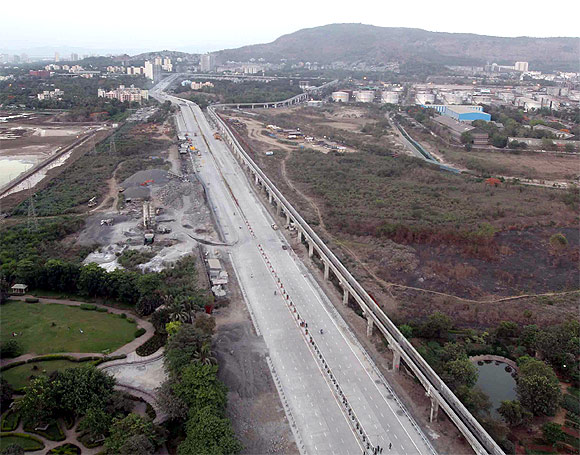
The upside of their decisions is the promoters’ own, and they’re insured against the downside by friendly politicians and weak regulators.
And that’s one major cause even of the slowdown India has observed in the recent past.
The policy paralysis-investment freeze stories ignore that the investment component of gross domestic product (GDP) hasn’t really fallen that much.
What has seen a precipitous fall is the return on capital - it’s far less productive than it used to be. Why?
Partly because too much of India’s capital is tied up in unproductive projects that a more efficient market would abandon; and with big businessmen with terrible balance sheets and reputations, struggling to find money to tide their investments over the lean patch.
Which responsible investor would lend more money to cash-strapped people who appear eminently untrustworthy?
…
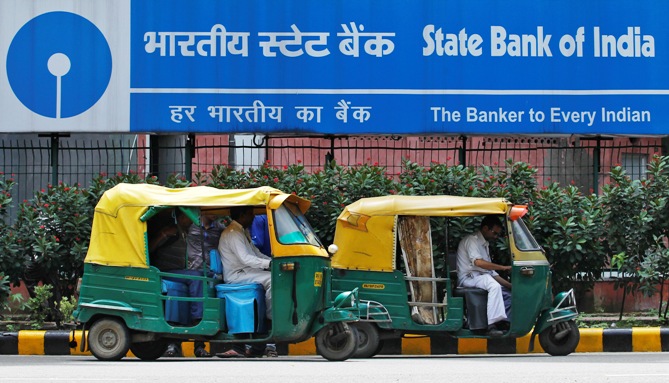
In a properly run market economy, these assets – licences, permissions, half-built plants, brand names, factories – would be taken away from those equity-holders who have made bad bets or aren’t trusted by the market, and given to others who could operate them better and more efficiently. But we don’t run a real market economy.
We have no real bankruptcy law. Instead, we bail out losers - as long as they’re rich and powerful.
State-controlled banks are among the worst offenders. They added Rs 5 lakh crore to their bad debts between 2007 and 2013. Of those bad debts that are written off, “95 per cent are large loans”, to large enterprises, according to a deputy governor of the Reserve Bank of India, K C Chakrabarty.
It is worth noting that, to many of the UPA’s critics, a Rs 60,000-crore (Rs 600 billion) loan waiver or a Rs 30,000-crore-a-year (Rs 300 billion) employment guarantee is far less acceptable than, apparently, much larger transfers to rich people who are terrible at their jobs.
…
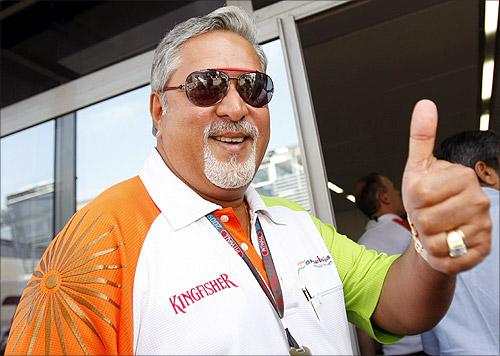
The poster child for the kindness of state-owned banks remains Vijay Mallya, who ran his airline into the ground and has suffered no ill-effects. Other, less connected businessmen might be convicted for the crime of not making the required deposits into employees’ provident funds. Not so Kings of Good Times.
At least Mr Mallya could lose control of his empire. Are the Tatas or Adanis being deprived of their ultra mega power plant because of their bad decisions? Heaven forefend. Is Reliance being told that to keep its promises or someone else will get to extract our gas?
Dear me, no. Are banks making debtor companies change managements, depriving owners of control and taking over their equity if they fail? Nope.
Because ours is a government for the oligarchs, of the oligarchs and increasingly by the oligarchs - just look at the roll-call of disruptive members of Parliament from Andhra Pradesh with vast and lucrative real estate and power interests in Telangana for proof.
…
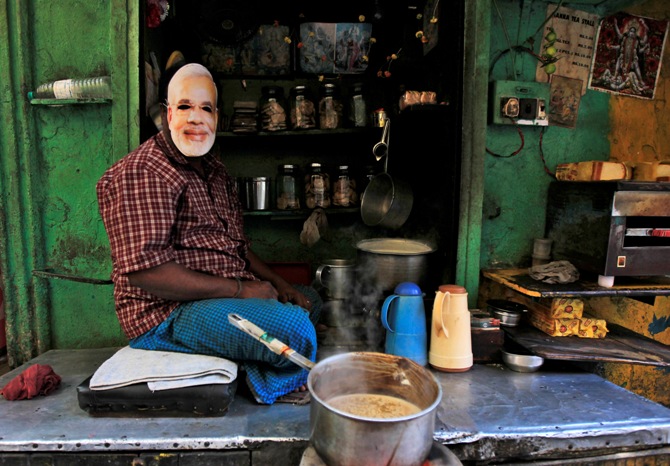
And so we return to where we started: the sad and simple fact that few in politics are likely to take on incompetent India Inc on behalf of the market. The Congress has rolled over and kept on rolling over.
And Great Reformist Hope Narendra Modi is so disapproving of oligarchs that he travels across the country denouncing the Congress in a private airplane with a giant sign saying “Adani” on the side. (Adani Enterprises, the Gujarat government has admitted, has received 55 square kilometres of prime industrial land from the state and paid the princely sum of Rs 60 crore for it, at rates between Rs 1 and Rs 30 a square metre.)
Even as far back as 2003-07, Mr Modi’s own government estimated that 68 of 100 flights he took were in planes chartered for him by Reliance, Adani or their peers. After all, the big guys help him fix his numbers - all, yes all of Gujarat’s incremental manufacturing growth under Mr Modi has come from two ultra mega refineries, owned by Essar and by Reliance. (Together they employ perhaps 3,500 people. That’s it, the Gujarat manufacturing miracle.)
And if not the Congress or Mr Modi, who are we left with? The wild-eyed FIR-filers of the AAP, who seem to think essential commodity prices can be set by mohalla committees?
Sorry, voters and free-market fans: either way, we’re stuck with the oligarchs for another five years.